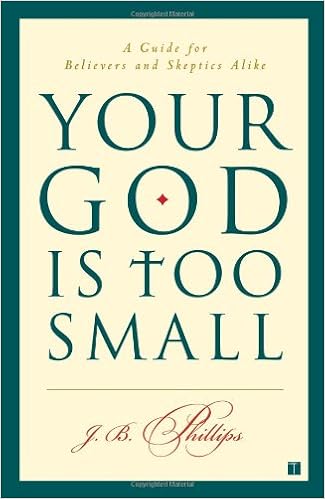A lot of people think of the Bible as a rule book. They read it from their perspective and time period. It’s a supernatural book that should be approached on its own terms.
Micheal S. Heiser does that in this next book we’ll look at…
The Bible Unfiltered: Approaching Scripture on Its Own Terms
“The Bible is mysterious, surprising―and often deeply misunderstood.
Dr. Michael S. Heiser, an expert in the ancient near east and author of the best-selling The Unseen Realm, explores the most unusual, interesting, and least understood parts of the Bible and offers insights that will inspire, inform, and surprise you on every page.
Dr. Heiser has helped to remind the Church of the supernatural worldview of the Bible. In The Bible Unfiltered, you will see his methods and expertise applied to dozens of specific passages and topics. Gleaned from his years working as Faithlife’s scholar-in-residence, this is some of the very best of Dr. Heiser’s work.”
So what is Scripture about? How do we understand it?
“Ultimately, Scripture is about God—what he did, what he is doing, and what he will do—not about you. You’ll never appreciate God’s story if your story—and solving your problems—is what you focus on when you study Scripture.”
“Rather than substitute the Spirit for personal effort, ask the Spirit for insight to expose flawed thinking (your own and that of whomever you’re reading) when you’re engaged in Bible study. The more of God’s word you’ve devoted attention to, the more the Spirit has to work with.”
“There are many contexts to which an interpreter needs to pay attention. • Historical context situates a passage in a specific time period against the backdrop of certain events. • Cultural context concerns the way people lived and how they thought about their lives and their world. • Literary context focuses on how a given piece of biblical literature conforms (or not) to how the same type of literature was written during biblical times.”
We tend to view the Bible through our denominations or creeds. Heiser has some thoughts on that too.
“As certain as this observation is, there is a pervasive tendency in the believing Church to filter the Bible through creeds, confessions, and denominational preferences. That’s not a bad thing. It’s a human thing. Creeds are useful for distilling important points of theology. But they are far from the whole counsel of God, and even farther from the biblical world. This is something to be aware of at all times.”
Is this pure hermeneutics? No, it’s about having a richer view of the Bible.
In today’s postmodern culture, you can make or find your own meaning. We’ve stripped the magic out of the world, at least in First World cultures. Because of this, we don’t see the supernatural as vivid in the Bible.
“The biblical context includes its supernaturalism. The biblical writers believed in an active, animate spiritual world. That world was home to a lot more than the triune God, angels, Satan, and demons. It included other gods (i.e., the gods of the nations were not merely idols) and territorial spiritual beings that were not demons—and were, in fact, superior to demons.”
“But understanding Scripture isn’t about making it palatable or comfortable to modern readers. It’s about discerning what the biblical writer believed and was seeking to communicate to readers who thought the same way.”
Heiser also talks about the “problematic” parts of Scripture that moderns have.
“The biblical material simply reflects the cultural attitudes of the people who wrote it. Again, all this is obvious—but so many students of Scripture seem to approach such issues with the assumption that the Bible endorses a culture. God wasn’t trying to endorse a culture from the first millennium BC or the first century AD for all time and in all places among all peoples. The reason ought to be apparent: God knew that the truths he wanted to get across through the biblical writers would transcend all cultures. Endorsing the prejudices the writers grew up with wasn’t what God had in mind. Some parts of Scripture reveal culture simply as part of Israel’s history. Others focus on behavior. With respect to the latter, God let the writers be who they were (i.e., he knew what he was getting when he chose them for their task), knowing they were capable of communicating timeless principles of conduct by means of their culture. “
The rest of the book is the author applying the principles and opening the Bible up in a new way. Like an old black and white TV compared to 4K HD TV.
It brings the magic back. Five stars.









